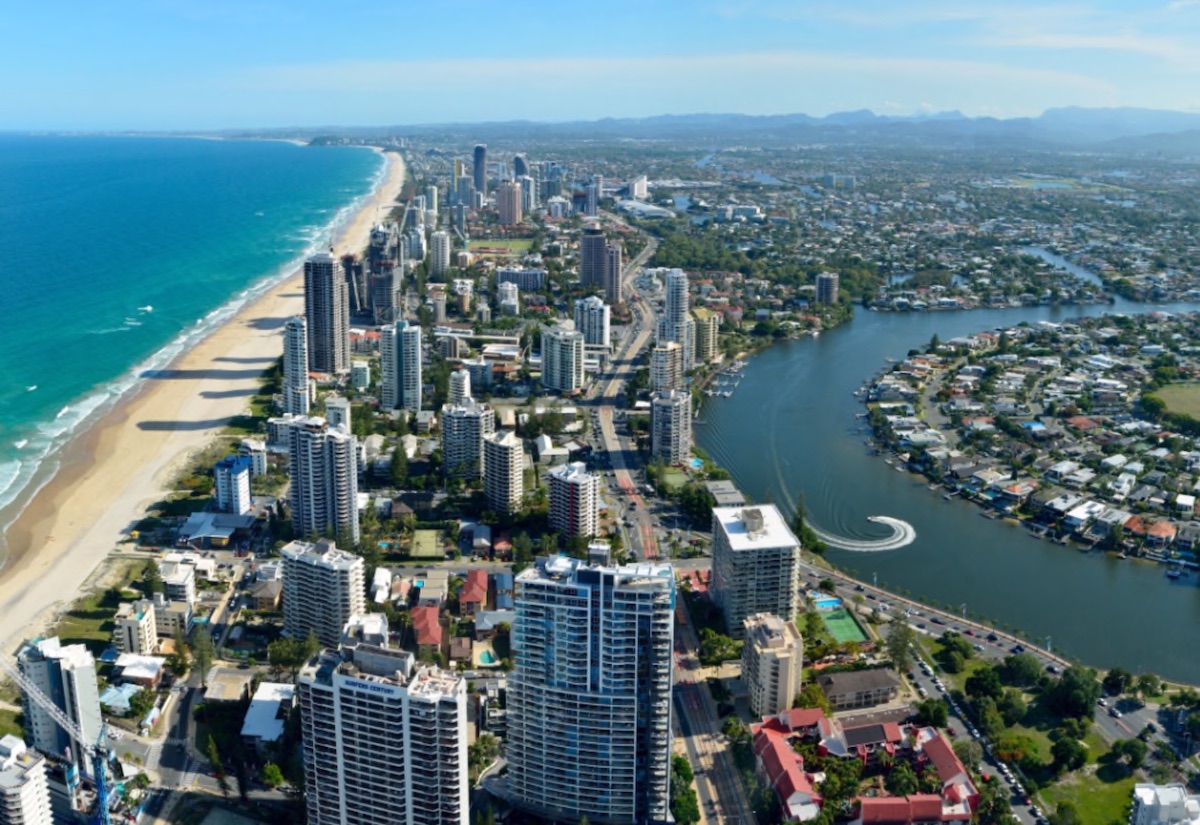Cities are the living space of the future. The century of cities is one of the key issues that politicians, business developers, city planners, government agencies and citizens have been working on, for the last few years.
Cities as a Megatrend
More people are already living in cities around the world than in the countryside. By 2040, 65% of the world will live in cities, as compared to just 30% in 1950. The importance of cities for the lives and the future of civilisations quickly becomes clear, if you look at a few brief facts:
- In 2050, 70% of the world's population will live in cities, and use 80% of the energy, cause 75% of the CO2 emissions and consume 75% of the raw materials[1]
- Tokyo Metropolitan area reached a population of 38 million residents in 2016. This is the single largest gathering of people in human history.
- Urban centers are a huge magnet. The three most popular city hashtags in 2016 on Instagram (#NYC, #London, #Paris) were mentioned in 190 million tweets[2]
Current Challenges for Cities
City planners must deal with ever-changing areas of interests and conflicts. This is illustrated by the following facts:
- 4% of urban waste in San Francisco is produced by pets, a percentage that is still rising
- In Germany, 320 000 coffee-to-go paper cups are consumed at the beginning of the day, resulting in 40 000 tons of waste per year.
- Basel has 31,000 parking spaces on public land, with another 6,9000 on private land. Having only 57,000 registered cars, the space could be much better utilised.
- The average speed of the trams in Vienna is 15.4 kmph, while those of the subways amount to 31.2 kmph
- 80% of the buildings that are in Europe today will still stand in 2050.
- Motorists spend an average of 65 hours a year searching for parking spaces in Frankfurt am Main, which results in costs of €1,410[2]
- One city centre parking space can hold up to 20 bicycles.
- 26% of 16-34 year old persons in the US have no longer a driver's license.
- Even during an ice blizzard on the coldest day of winter 2013, Washington DC saw 2,338 bicycle trips made on the local bike sharing system.
- The global infrastructure investment gap expected by 2030 is € 4.6 trillion[3]
Literature Sources
*Smart City, by Oliver Fassmann, Jonas Böhm, & Maximilian Palmie
